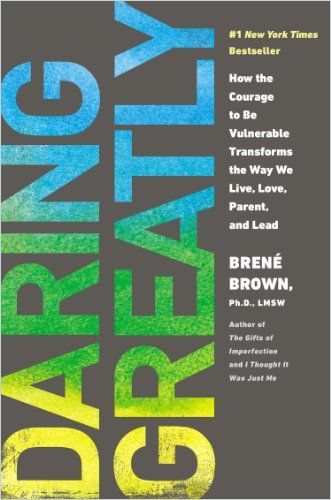5. Never Too Late

A few years ago, I wanted to add an extension to my house. It was only a matter of half a meter as far as the new height of the building was concerned, so I submitted the necessary planning application. I did not inform my neighbor, an elderly gentleman who – diagonally offset up the slope – should be able to cope with having a tiny bit less of a lake view. Unfortunately, he didn’t: he filed an appeal, which made the project impossible.
At first, I was pissed off. What was that about? From his point of view, the cultivation made almost no difference. So I wrote him a letter asking for a meeting and dropped it in his mailbox. He wrote back from next door, but by mail, date and time. I came to his door at the appointed time with the plans under my arm. His wife opened and took me into the living room, where he nodded wordlessly to me but offered no seat. There was also no water or just a wave to the dressing room already.
I was standing in front of him in my windbreaker and hadn’t even opened it yet when he said – looking at the window – ‘Mr. Bergen, you can leave the jacket on because you’re not going to get what you want from me.’
After a brief pause of digestion, I replied, “I came to apologize.” At that, he raised an eyebrow and looked at me. “It was a mistake not to let you in on what I was up to in advance, and I would like to correct that mistake here today. I’m sorry.”
He had not expected those words any more than I had. Before walking through his door, I had been full of resentment, but after those words, I felt strangely light-hearted. There was a meaningful pause. Then the old man nodded, looked at me standing before him, and then at his wife, who had been waiting at the open door, and said, “Honey, Mr. Bergen will have a glass of the best red wine.” After that, I was able to take off my jacket. And build.

Admitting mistakes and showing vulnerability is as much a part of a culture of trust as the values already mentioned in my last column – transparency and openness in communication.
Anyone who rushes ahead without looking left or right because they think they know better than others or have all the information they need runs the risk of making a fool of themselves. Therefore: Seek an open exchange before making a decision, and if one turns out to be a mistake, stand by it! If you signal a willingness to learn, you signal trustworthiness.
Three rules:
- Admit mistakes, even publicly. They are part of the game.
- Bear the consequences and make it clear why you are doing this. This kind of “vulnerability” is not a disadvantage.
- Be fair: As a rule, what applies to you should also apply to your fellow human beings and colleagues – for better or for worse.
To be continued. Find all columns here.










